This part of the website is for youth. You might need the help of a trusted adult to look at this or you might be able to look at it on your own.
Relationships and Dating
As people grow from teenagers to adults, they may start to think more about friends and dating. It’s important that all our relationships are healthy. Relationships should make you feel good and safe.
Relationships are connections between people. Relationships can be close, like between family members, and dates. Or they can be more distant, like between people who work together.
You are at the centre of your relationships and everyone’s relationship circles look different. Here is an example of all the people you might have relationships with, from your family, to your support workers and teachers.

Relationships
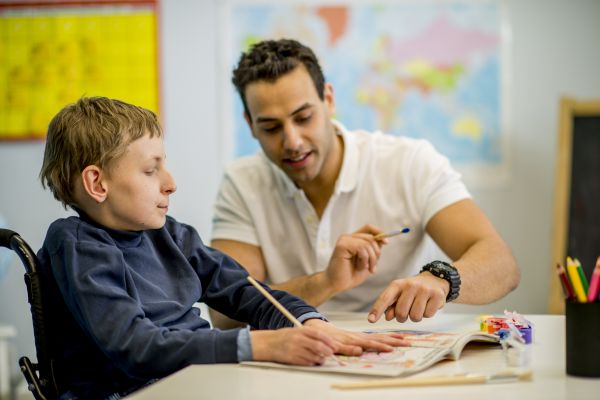
Who do you have relationships with?
- Family
- Friends
- Peers (people the same age as you)
- People you work or volunteer with
- Teachers
- Service providers and staff (healthcare workers, respite workers, group home staff)
When we meet someone new, they are a stranger. We don’t know them and can’t trust them.
It takes time to get to know someone before they become part of our relationship groups.
Why are healthy relationships important?
- Healthy friendships mean that you can be more independent (e.g., start to make your own choices about friends and activities)
- They can teach you important life skills like learning to share, working out problems, and boundaries
- They help you as you grow from a teen to an adult
- Learning to get along with other people for work and volunteering is important
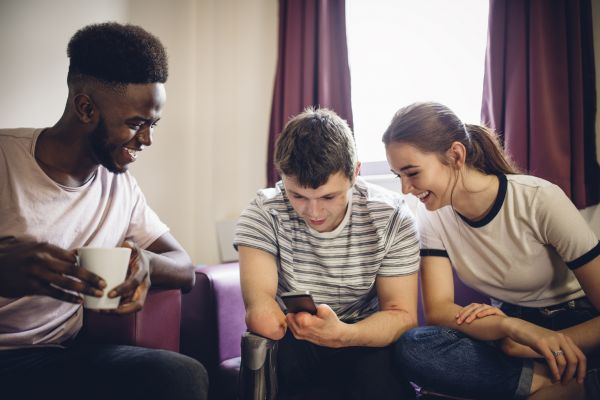
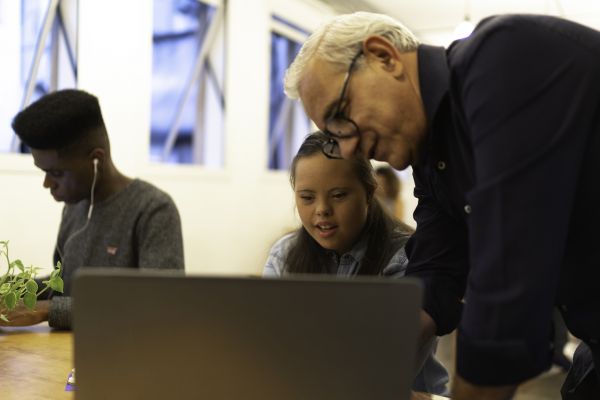
Are staff friends?
- If someone is your friend, you usually have something in common with them (e.g., you are part of the same club)
- Your teachers, coaches, caregivers, and support workers, are not your friends
- These people may be important to you but they have a different role in your life
Healthy versus unhealthy relationships
Watch the video ‘Healthy vs Unhealthy Relationships’ to learn how healthy relationship can help us feel good about ourselves and how to know if a relationship is unhealthy.
For privacy reasons YouTube needs your permission to be loaded. For more details, please see our Privacy Policy.
Boyfriends, girlfriends and dating.
- Experiencing new emotions and feelings towards other people is a big part of puberty and growing up. It can be exciting. You may have romantic feelings for someone which means you think about love.
- A crush may mean that you have feelings for someone – or you really like them. You may have a celebrity crush (like a singer or actor) or a crush on a friend you know.
- You may feel giddy around them or you may be lost for words or embarrassed. You may daydream about them.
- However, you do not need to act on your feelings. You never have to ask them on a date if you don’t want to.
- Staring at someone you really like could be embarrassing for them. Staring is not a friendly type of communication and can make the other person feel bad.
Watch the video ‘Deciding When You’re Ready’ as Emma and Alex chat about dating and sex.
For privacy reasons YouTube needs your permission to be loaded. For more details, please see our Privacy Policy.
Moving from friendship to dating
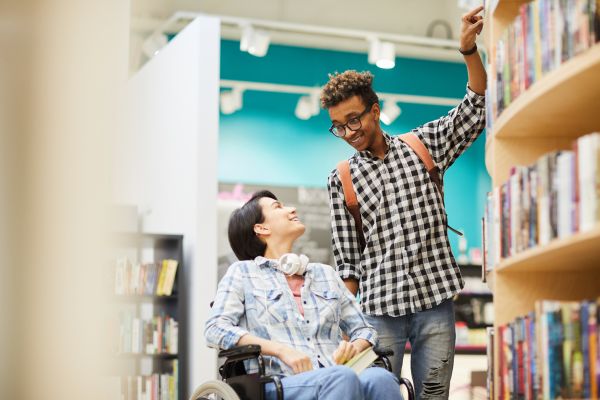
REMEMBER: You are still your own person, an individual with your own ideas, needs and things that you like. Just because you are dating doesn’t mean that you belong to the other person and do everything they say.
Asking someone out might make you feel nervous, so it helps to have some tips:
- Before you ask someone out, it’s probably good to talk to your family first because some families have rules for dating. Your family may want to meet your date first; they may want you to only date a family friend; or they may want to ‘chaperone’ you (go along with you).
- Work out where you will go on your date (e.g., out for ice cream, to a sports event, to a movie).
- When you ask them, they can say YES or NO. It is their choice.
- If they say no, you may feel sad. You can’t follow your crush around or pester them to date.
- How old is the person you want to date? To keep relationships healthy, it’s best for the people who date to be similar in age, only a couple of years older or younger. This way they will have more in common with you and are more likely to share life experiences and goals.
Watch the video Asking ‘Your Crush on a Date’ as Blair and Quinn talk about crushes and dating.
For privacy reasons YouTube needs your permission to be loaded. For more details, please see our Privacy Policy.
Consent
• Consent means giving someone permission – to hug, hold hands, kiss or touch
• Your body belongs to you and you get to decide who touches you
• You can say no to someone who wants to hug, kiss or touch you
• This is the same for family, friends, other adults and someone you are dating
• Consent is a BIG part of healthy relationships with everyone in your life
Watch and learn about owning your body and giving consent in this short video. It was made for younger kids, but it’s still fun to watch and has a good message.
For privacy reasons YouTube needs your permission to be loaded. For more details, please see our Privacy Policy.
What about sex? What does sex mean?
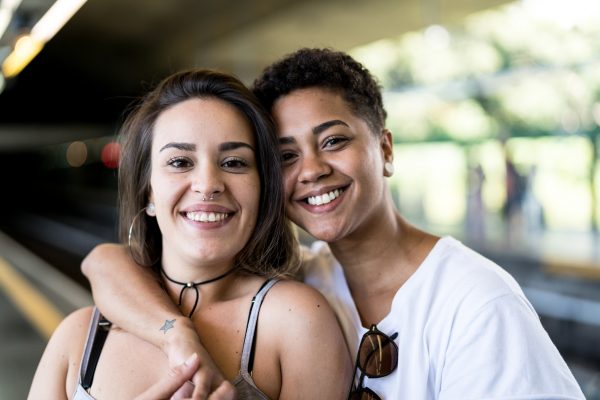
Sex can mean different things to different people.
- Some people may think that sex is kissing or when two people roll around on the bed
- Sexual activities can be kissing and touching, rubbing genitals and intercourse (contact with vagina, penis, anus, mouth)
- You don’t need to talk about sex or do any sexual things if you don’t want to
Ending a relationship
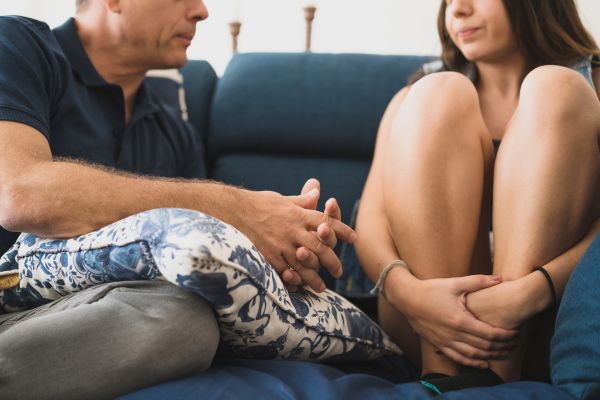
- Sometimes it doesn’t work out and it’s time to end the relationship
- Maybe you move away, change schools or jobs or don’t have fun anymore
- If a relationships is unhealthy (e.g., name calling, bullying, stealing) or abusive (e.g., hitting, forcing you to do things you don’t want to) then it is best for it to end
- You may need help from an adult you trust to break off the relationship (especially if you are worried about your safety). It is important to be honest with the other person and tell them that it’s not working for you

